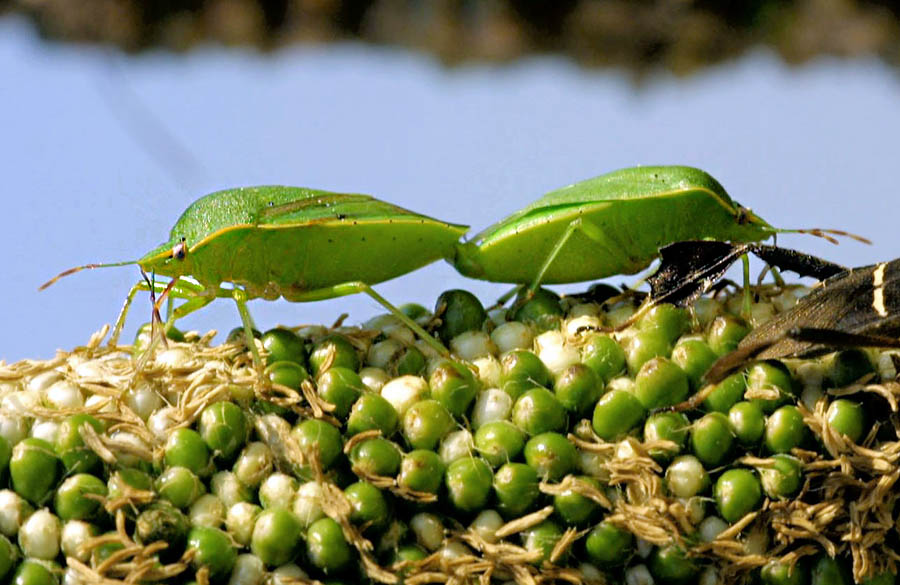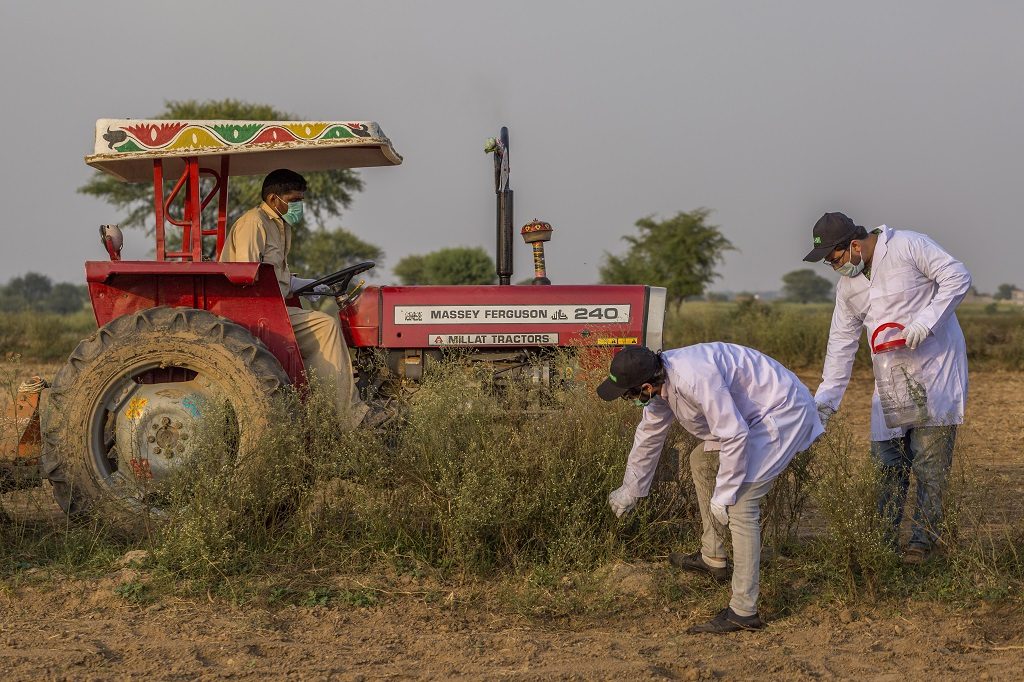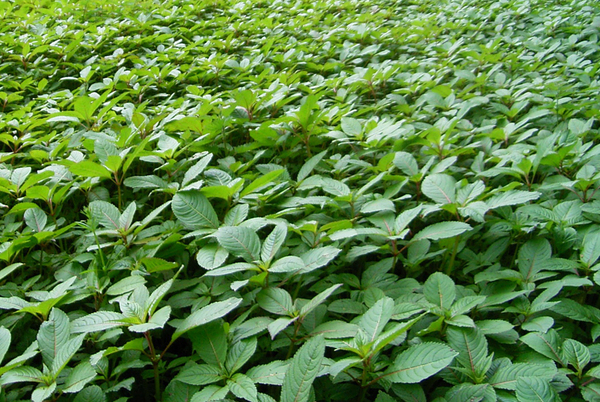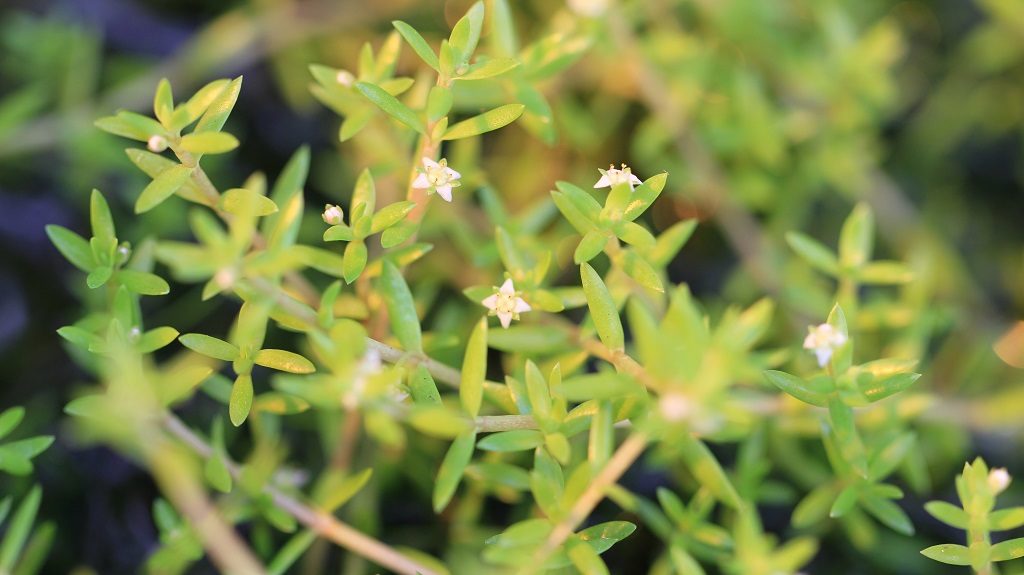New upgraded invasive species Horizon Scanning Tool launched
Last week CABI launched the full version of its invasive species Horizon Scanning Tool, a free and open access online resource available via the Invasive Species Compendium that helps users make decisions about invasive species and identify possible risks in countries, provinces and states.
When astronomers meet ecologists: how remote sensing can tackle Parthenium in Pakistan
“Usually I’m looking up at the stars but with this project, I’m back down to earth” quips Dr Rene Breton, Director of Research at the School of Physics and Astronomy at the University of Manchester. By combining the skills of a geographer, ecologist, social scientist, entomologist, astrophysicist, biologist, and electrical engineer, the joint CABI and…
CABI unveils action plan to fight highly invasive and destructive weed
Parthenium weed causes harm to the environment, health, as well as the economy. CABI has launched a comprehensive action plan aimed at combating the scourge of Parthenium, a highly invasive species of weed, prevalent and spreading in Pakistan.
Largest Invasive Alien Plant dataset is now published online!
By Samantha Garvin. Reblogged from JRS Biodiversity Foundation. CABI has published one of the most complete and current datasets on Invasive Alien Plants (IAP) in East and Southern Africa. This extraordinary dataset is already being translated into new research findings and conservation action on the ground.
Tackle invasive species to restore degraded landscapes
By Gilbert Nakweya Reblogged from SciDev.Net Invasive alien species should not be used in restoring degraded landscapes as their costs outweigh their benefits, experts say. Invasive alien species, according to the Convention on Biological Diversity, are plants, animals and other organisms that are non-native to an ecosystem, and may adversely affect human health and the…
New research assesses the effect of invasive crayfish on mosquito survival
Red swamp crayfish (Procambarus clarkii), often known as the Louisiana crawfish are staple part of Cajun cuisine. However, new research published in Conservation Biology has found that the highly invasive crayfish allows mosquitoes to thrive in waterways, therefore making it more likely to increase the risk of mosquito-borne diseases.
Tiny mite could prove a ‘mighty’ weapon in the fight against one of the UK’s most invasive weeds
CABI scientists are stepping up the fight against one of the UK’s most invasive non-native aquatic weeds. Approval has been given for the release of a novel biological control agent – the mite, Aculuscrassulae – to assess its ability in the real-world environment to suppress Australian swamp stonecrop (Crassula helmsii), also known as New Zealand pigmyweed. This…
Invasive Species Are Riding on Plastic Across the Oceans
Reblogged from National Geographic We know plastics are as plentiful in parts of the open ocean as they are in our everyday lives. But, until recently, scientists didn’t consider that such debris could also be carrying a new wave of invasive species to the shores of the United States. Now they’re finding that not only is…
CABI calls for urgent action to tackle the global spread of invasive species
In response to the growing threat of invasive species, the Centre for Agriculture and Biosciences International (CABI) has called for urgent action to tackle the global spread of invasive species, even as the recent fall armyworm outbreak casts doubts over Africa and Asia’s preparedness to fight the scourge. CABI is a not-for-profit organisation that draws…
Workshops to combat Parthenium in Pakistan
A training session was recently organized by CABI in Pakistan on the identification and management of Parthenium Hysterophorous to a variety of stakeholders. These activities were part of the Parthenium awareness campaign which CABI has launched under Action on Invasives, in the Sheikhupura district (Pilot district), Punjab focusing particularly on rural communities.






